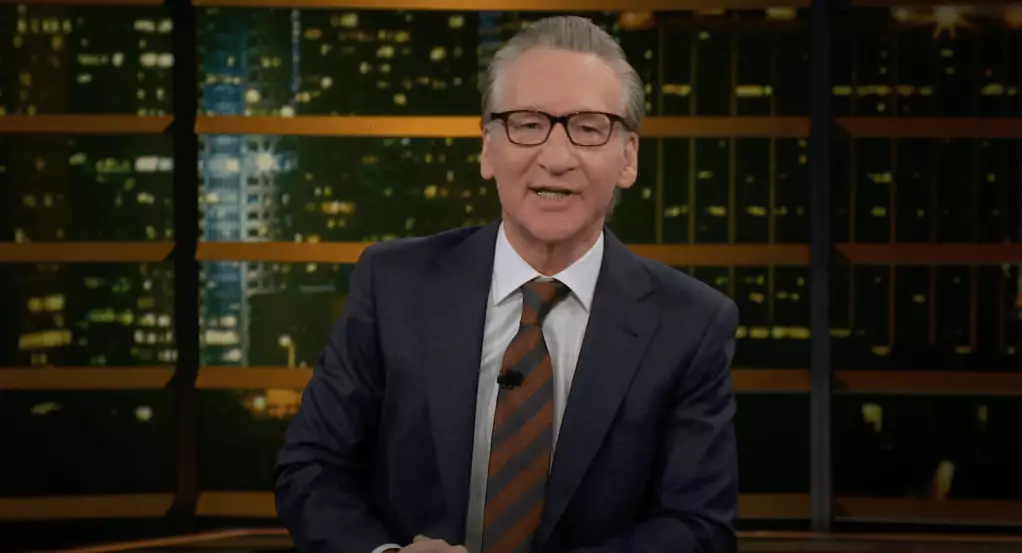In the rapidly shifting landscape of American politics, few voices resonate with a combination of humor and biting critique quite like Bill Maher. The finale of Season 22 of Real Time with Bill Maher exemplified this unique blend, serving as both a reflection on contemporary politics and an astute commentary on the absurdity surrounding Donald Trump’s cabinet choices. Through a series of sharp one-liners and pointed observations, Maher illustrated how humor can serve as a powerful tool for political critique, allowing audiences to confront uncomfortable truths with laughter.
A prominent theme in Maher’s monologue was his humorous dismissal of Trump’s cabinet as a source of endless material for comedians. At one juncture, Maher quipped, “Do I really have to write jokes for this?” highlighting the seemingly absurd reality faced by the nation. This statement encapsulates a larger commentary on the surreal nature of political events in recent years. Here, Maher not only mocks Trump’s selections but also suggests that the folly of his choices is so overt that it renders traditional forms of comedy unnecessary. The implication is that reality, in its current state, is itself a comedy of errors.
Maher’s opening remarks set a provocative tone, referencing Trump’s infamous Access Hollywood tape as a springboard for dissecting Republican attitudes toward power and gender. His audacious joke—“The Republicans, man, when they take power, they grab it by the pussy” — encapsulates a broader critique of the party’s handling of issues regarding gender and sexual misconduct. With this brazen statement, Maher not only draws laughter but highlights the alarming normalization of inappropriate behavior by those in power. Here lies Maher’s craft: using humor as a strategy to confront severe societal issues, effectively triggering a reflection on the nature of authority and accountability in politics.
Furthermore, Maher’s sardonic remarks about the election of the first transgender person to the House and the subsequent actions taken by Republicans illustrate the dissonance between political progress and regressive attitudes. By juxtaposing legislative advancements against derogatory stereotypes, Maher invites his audience to question the sincerity of political gestures purportedly aimed at inclusiveness. This allows for a critical examination of the underlying values of political parties, framing humor as a medium that can provoke deeper discussions about social justice.
The analysis of cabinet picks also offered a lens through which to interpret broader societal issues. Maher’s comment about Lindsey Graham and his overly enthusiastic compliments regarding Trump’s attorney general pick serves as both a joke and an indictment of hyper-masculinity in politics. The exaggeration of sports metaphors as a signal of one’s heterosexuality begins a conversation about how identity is performed in political spaces. Through these quips, Maher unravels the complexities of political image and the absurd lengths to which public figures may go in order to assert their identities.
Moreover, Maher’s take on the nomination of Fox & Friends’ Pete Hegseth for Secretary of Defense, amidst accusations of sexual misconduct, reflects an unsettling reality: the intersection of media and politics often breeds controversy that challenges ethical standards. By cleverly questioning whether anyone has ever had a positive experience with someone from Fox News, Maher exposes the convoluted relationship between celebrity culture and politics—a relationship both alluring and fraught with ethical dilemmas. This inquiry highlights the discomforting yet entertaining realities inherent in today’s political discourse.
As the episode drew to a close, Maher reinforced the crucial role of satire in contemporary political dialogue. His remark about the cabinet being the first required to maintain a certain distance from schools was not just humor—it was a stark commentary on the normalization of harassment in workplaces, including the political arena. In an era where political discourse is often disheartening and divisive, Maher’s ability to weave narrative and humor signifies the importance of questioning authority while also holding it accountable.
As we anticipate the return of Maher in the new year, viewers are reminded that comedy has significant power; it provokes thought, ignites discussions, and sheds light on uncomfortable truths. In a world thrumming with political chaos, Maher’s unique brand of satire offers a vital space for reflection, amusement, and ultimately, a call to action. Each punchline becomes a pathway for deeper inquiry, meaning that while laughter may be the immediate response, it also serves as a prelude to serious contemplation.

